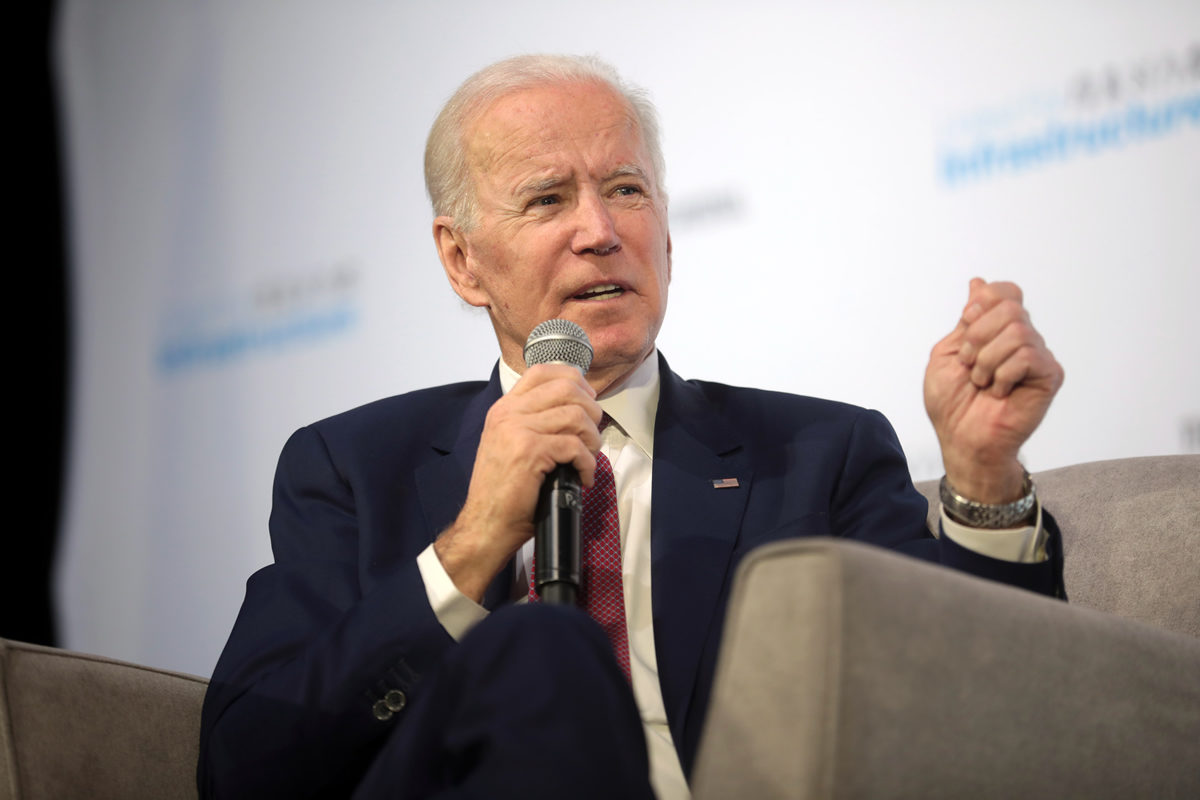USA: Joe Biden’s ‘rational’ foreign policy

The world is commonly referred to as a ‘global village’, in part because all nations are residents of this world and, essentially, neighbours. How nations relate to each other constitutes foreign policy, shaped by a range of factors, including threats, security concerns, alliances, enemies and economic and other interests. So, how can we explain US policy in Afghanistan?
Despite facing harsh criticism during his first year in office, US President Joe Biden is generally said to have a rational foreign policy. It has been characterised as counter-offensive in the US sphere of influence, focusing on Europe, Asia, immigration, and climate. Key issues include the situation in Ukraine, Iran and Afghanistan.
Joe Biden’s first year in office has been interesting. He has carried on making the kind of conflicting statements that were a feature while he was on the campaign trail. He promised that his foreign policy would be like that of the US before President Trump. As president, however, he has proved unpredictable, and some of his actions have been anything but rational.
Joe Biden’s foreign policy on Afghanistan
Then US Ambassador to Afghanistan Zalmay Khalilzad and the Taliban signed an agreement in Qatar on 29 February 2020 to withdraw US troops in May 2021, following repeated calls by President Trump for US forces to return home.
On taking office, President Biden only extended the presence of US troops until 11 September 2021. The military intervention in Afghanistan remains the longest-running US occupation but, despite the presence of troops and the fact that the US deployed a GBU-43/B Massive Ordnance Air Blast (MOAB), also known as the “Mother of All Bombs”, terrorist networks continued to run rampant.
Both in the final days of the Trump administration – as the US prepared to withdraw its troops from Afghanistan – and in the early days of the Biden presidency, ‘great-power competition’ was raised as the main rationale for the decisions the US made. For Biden, the new stance was explained as putting an end to a so-called perpetual war without a clear goal.
The decisions represented a symbolic end to the war in Afghanistan. President Biden expressed his desire to end the long-running conflict, saving $1 billion a week. He believes that the country cannot be unified and remain under a single government. He said: “It’s the graveyard of empires for good reasons: it’s not easy to unify, number one; and number two, how many more body bags are going to be sent back home?“
Biden made no apology for what happened and how many people died in Afghanistan, saying: “There was no way to get out of Afghanistan, after 20 years, easily. Not possible, no matter when you did it. And I make no apologies for what I did. I have a great concern for the women and men who were blown up in the line at the airport by a terrorist attack against them.”
On 15 August 2021, Afghanistan was captured by the Taliban, and the Haqqani network seized power through military force. Twenty years of achievement and freedom were destroyed.




